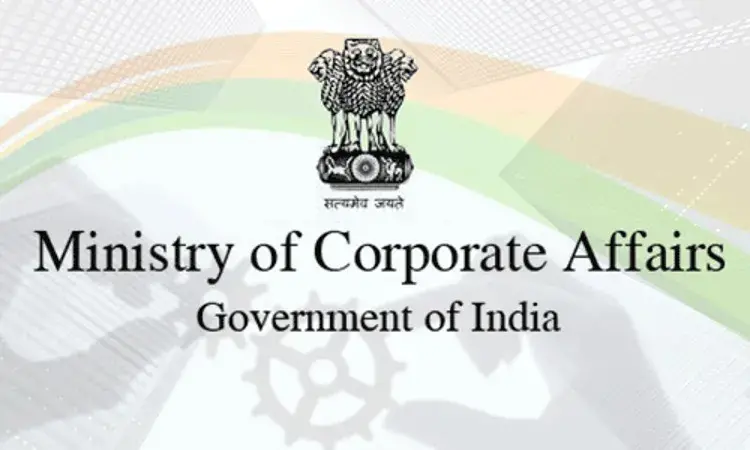Majority of HR Teams Unready for 2025 M&A Surge, Says WTW Report
With merger and acquisition (M&A) activity expected to rebound strongly in late 2025, a new survey by WTW highlights growing concerns around HR preparedness in navigating complex deal landscapes. According to the Asia-Pacific-focused report, 54% of organisations expect a rise in M&A activity this year, despite a sluggish start, while only 19% anticipate a decline — signalling a potential late-year acceleration driven by pent-up market momentum. However, the report reveals a significant preparedness gap, as 65% of HR professionals admit they feel underprepared to handle the anticipated wave of deals. Among the top challenges cited are conducting thorough HR due diligence (HRDD), pinpointing critical talent, and aligning workplace cultures post-merger. A notable 78% of companies rank the identification of specialised, non-executive talent as their foremost HRDD priority — a concern that overshadows even leadership retention. In fact, 50% of respondents consider retaining this non-executive workforce as the most vital integration success factor, outpacing the emphasis on executive-level continuity by 21 percentage points. Cultural integration remains another major obstacle. Around 74% of companies outside the US and 54% of those within the US consider cultural alignment the most challenging aspect of M&A, surpassing concerns around technological and operational resources. Looking to the future, HR leaders are increasingly acknowledging the role of emerging technologies. About 65% believe Generative AI will influence M&A processes within the next two years. Yet, widespread adoption remains cautious, with many citing limited practical applications beyond legal assessments and internal communications. The findings underscore the importance of embedding HR early in M&A strategy — particularly as companies use acquisitions to gain access to niche digital and AI talent. Strengthening HR capabilities through foresight and investment could be crucial in preserving long-term deal value amid intensifying talent competition. Source: Economic Times
Majority of HR Teams Unready for 2025 M&A Surge, Says WTW Report Read More »










